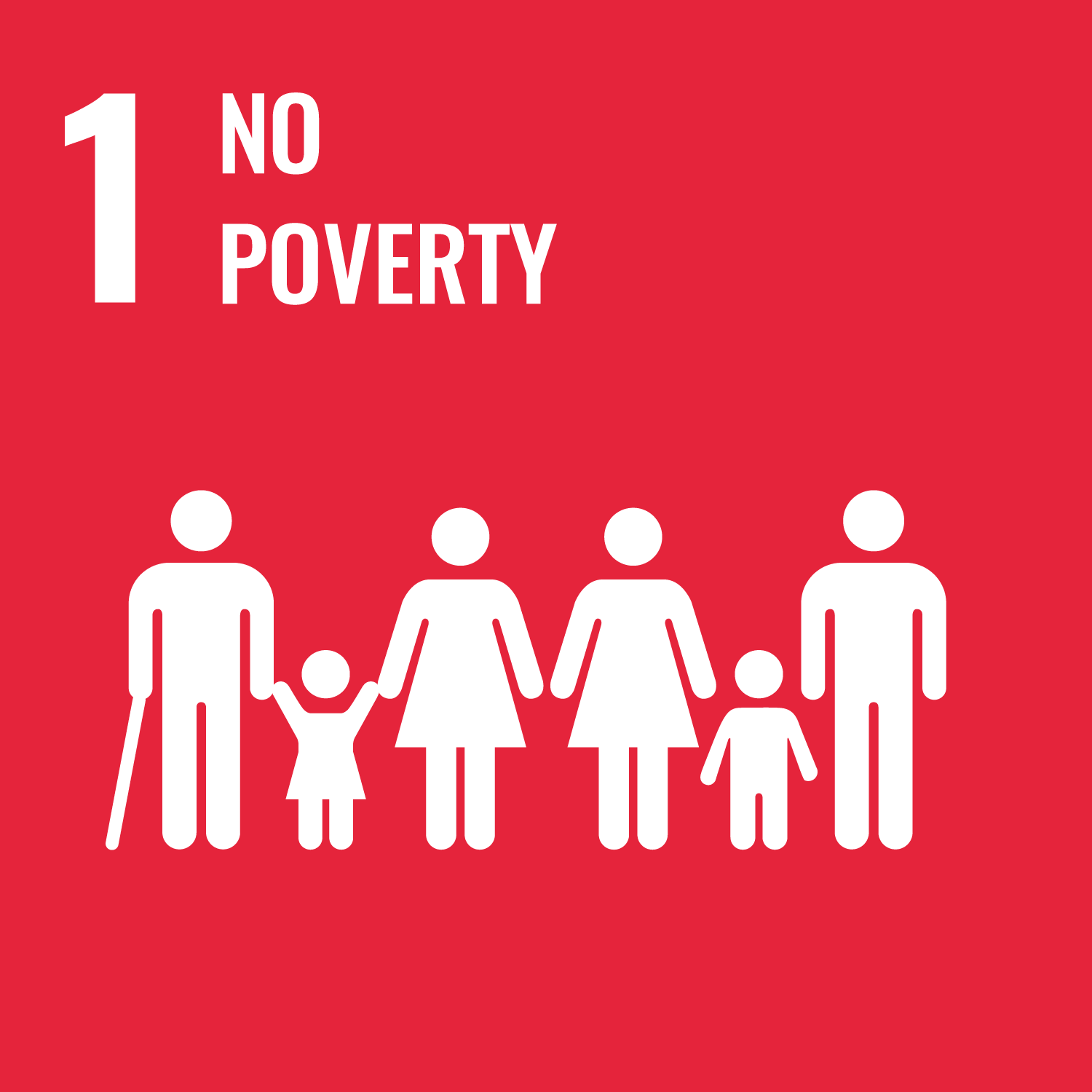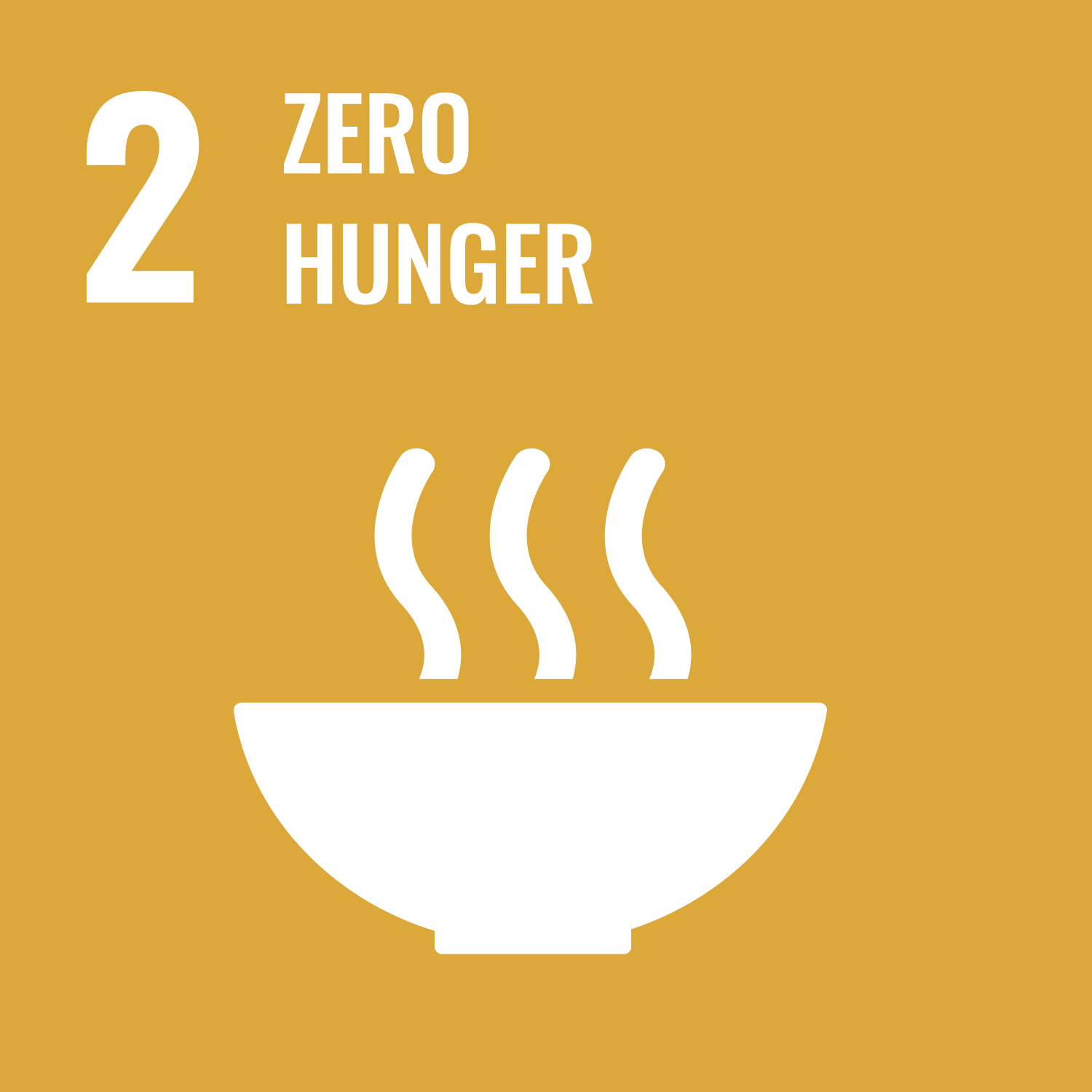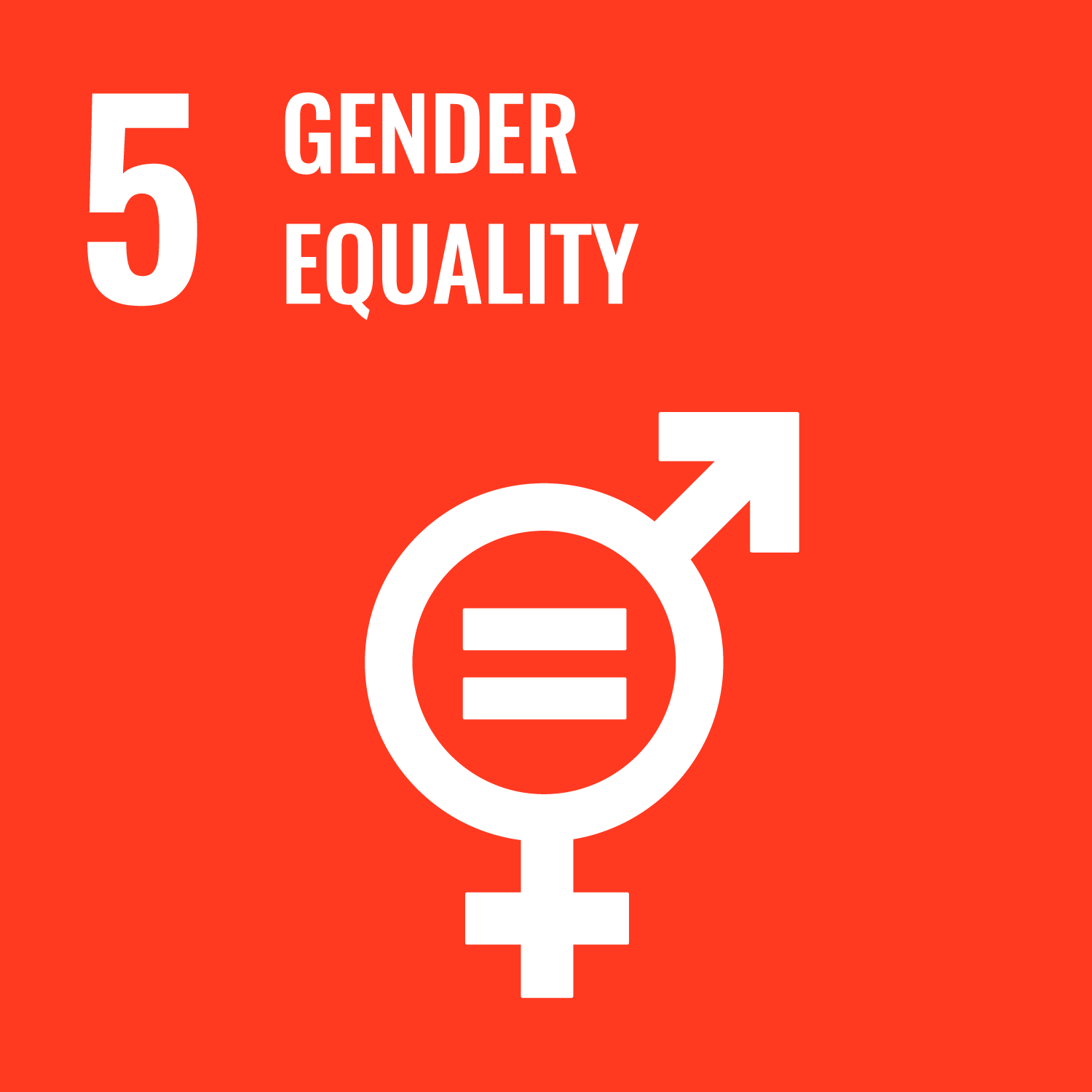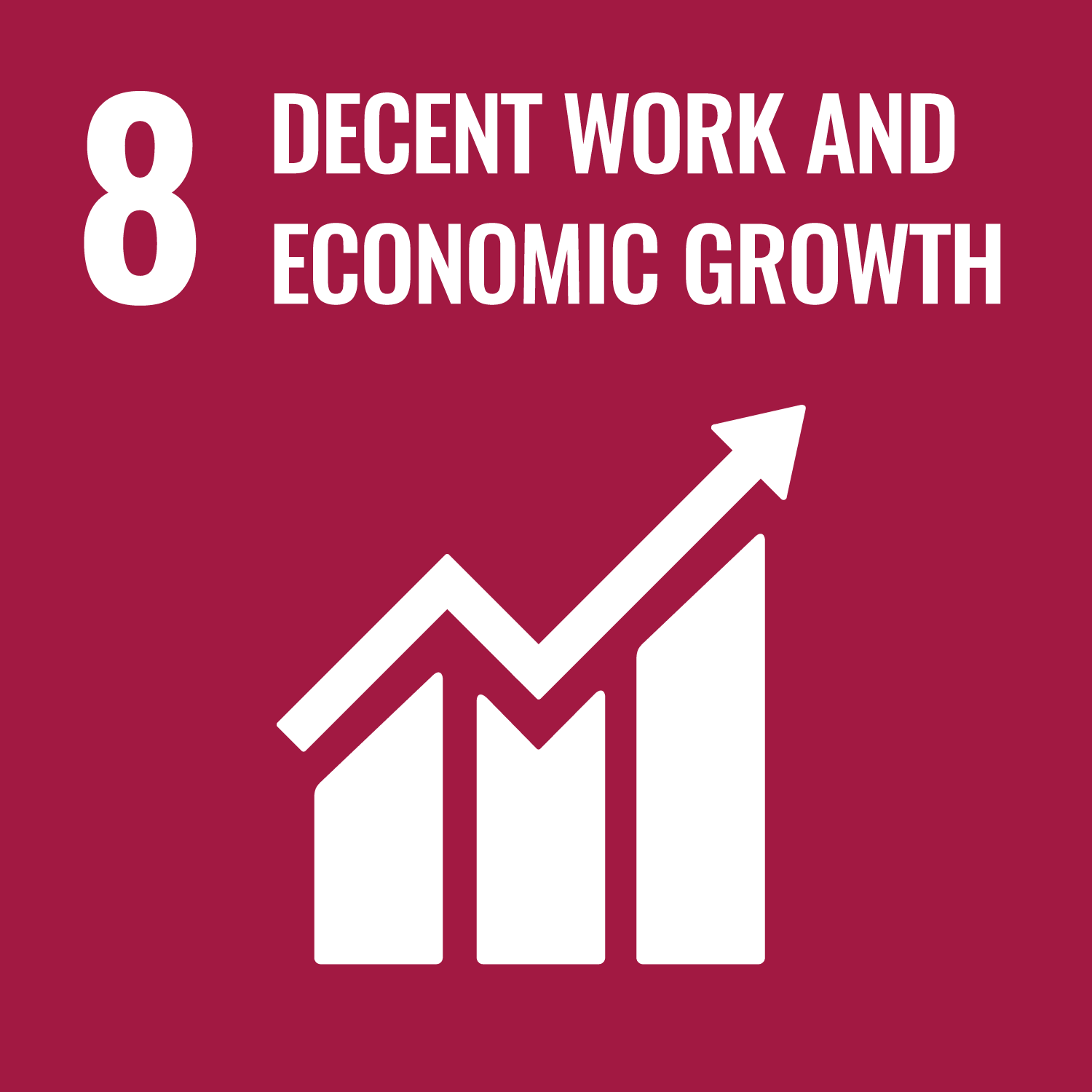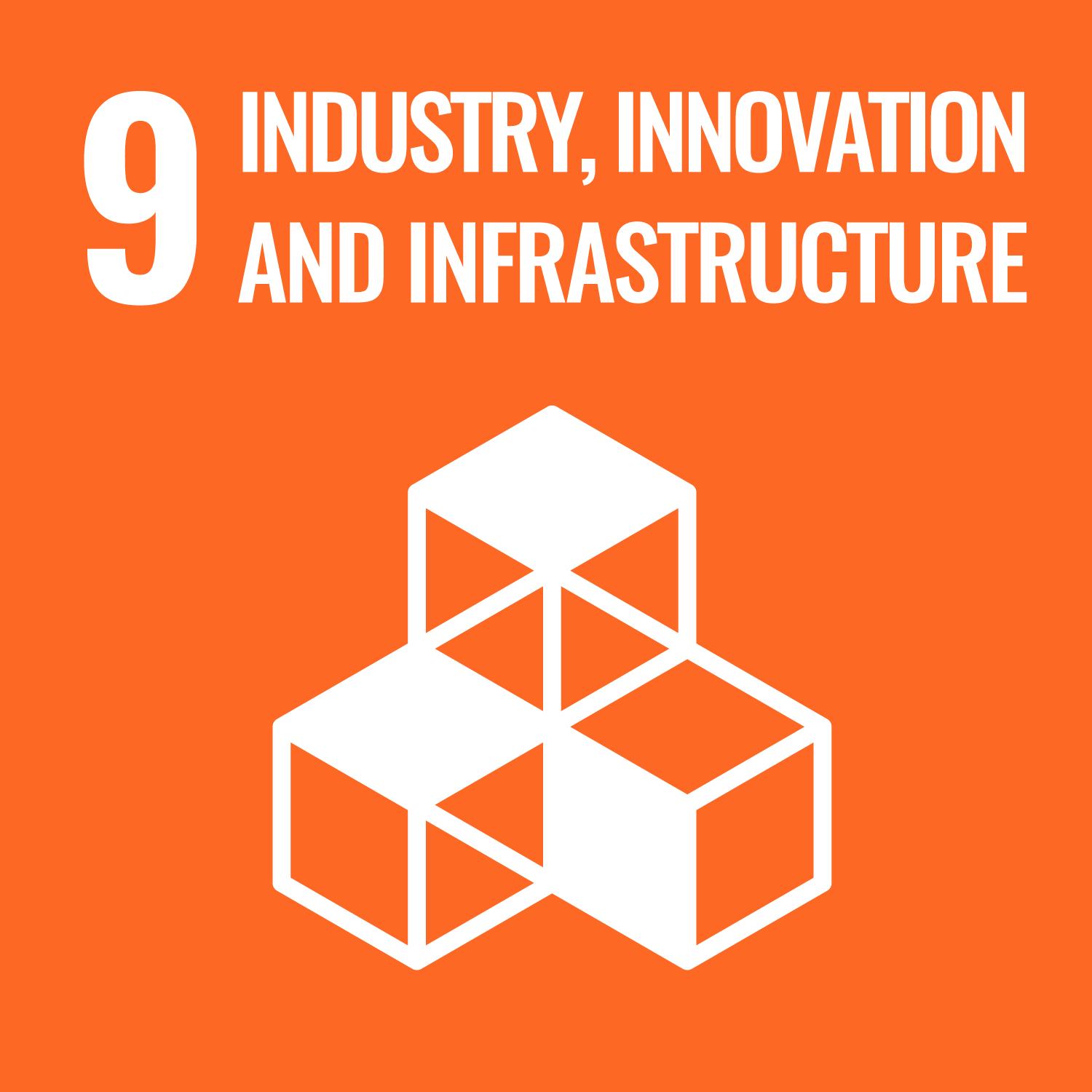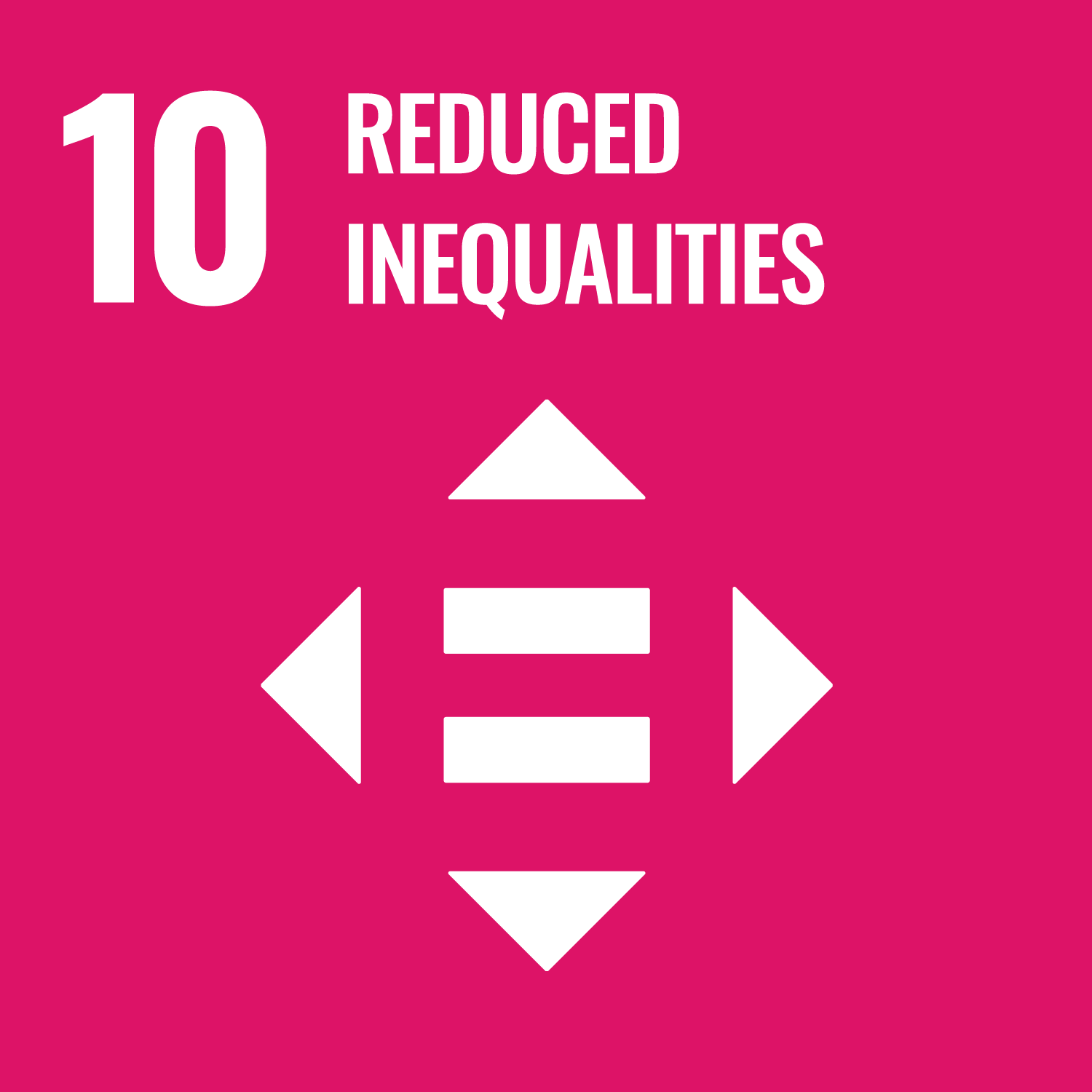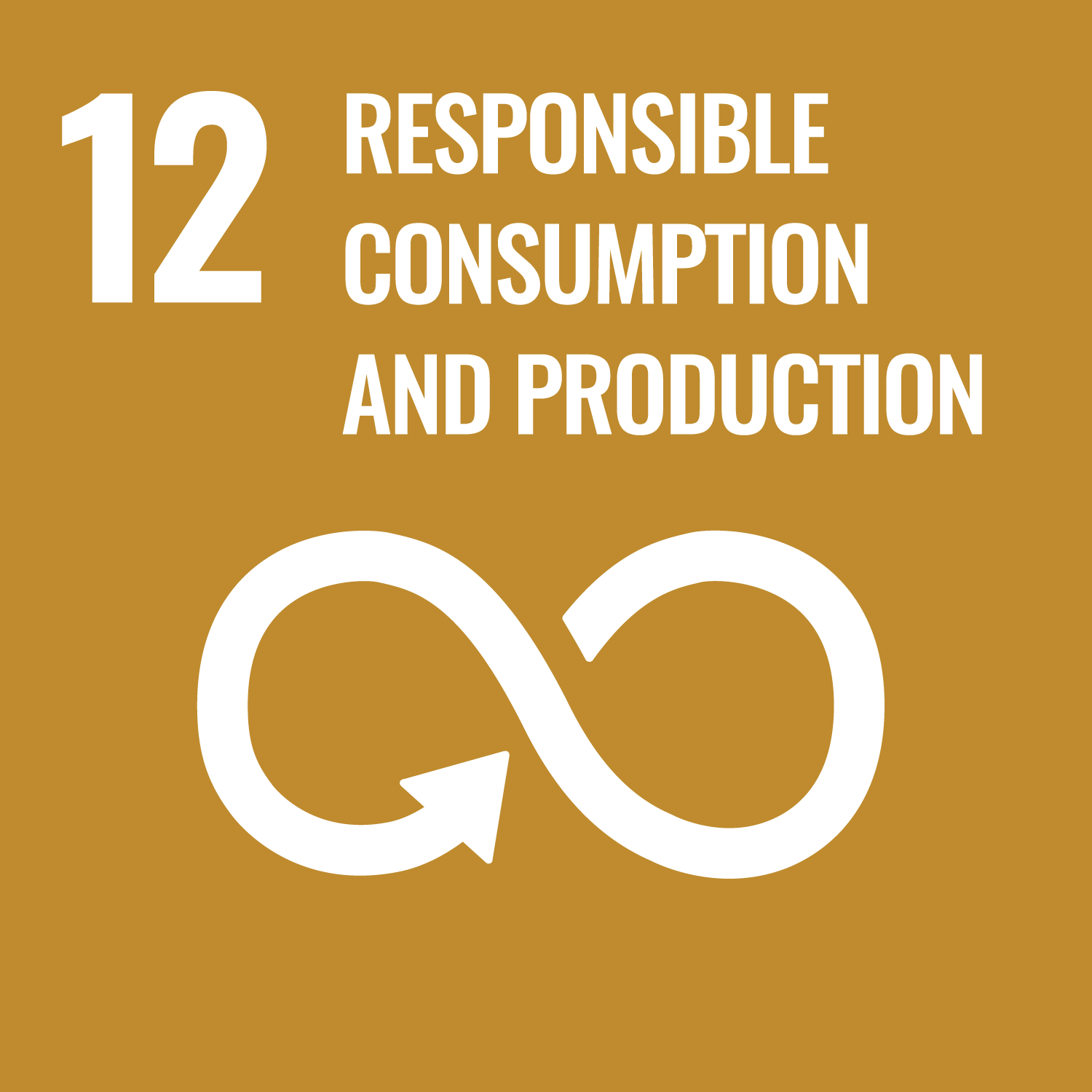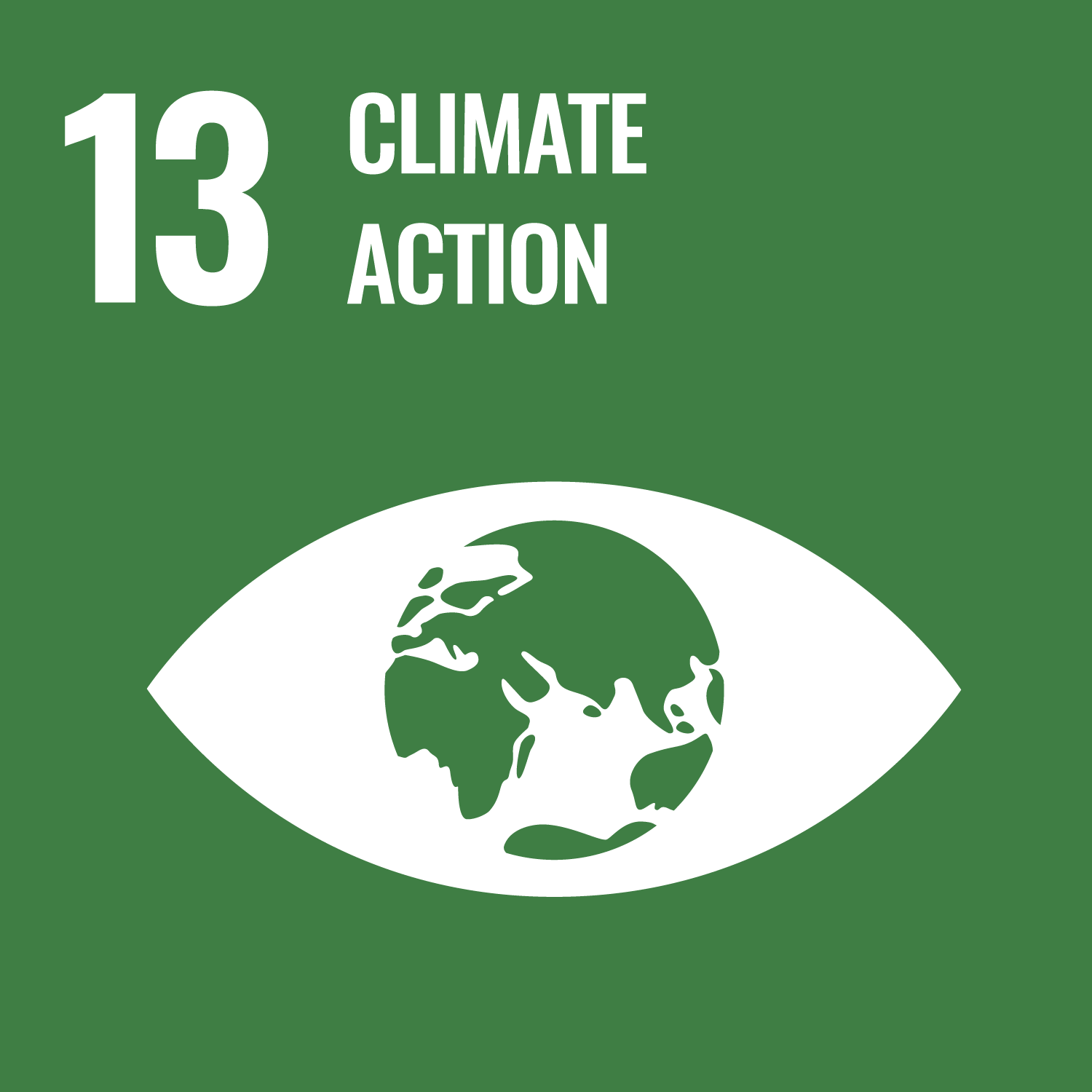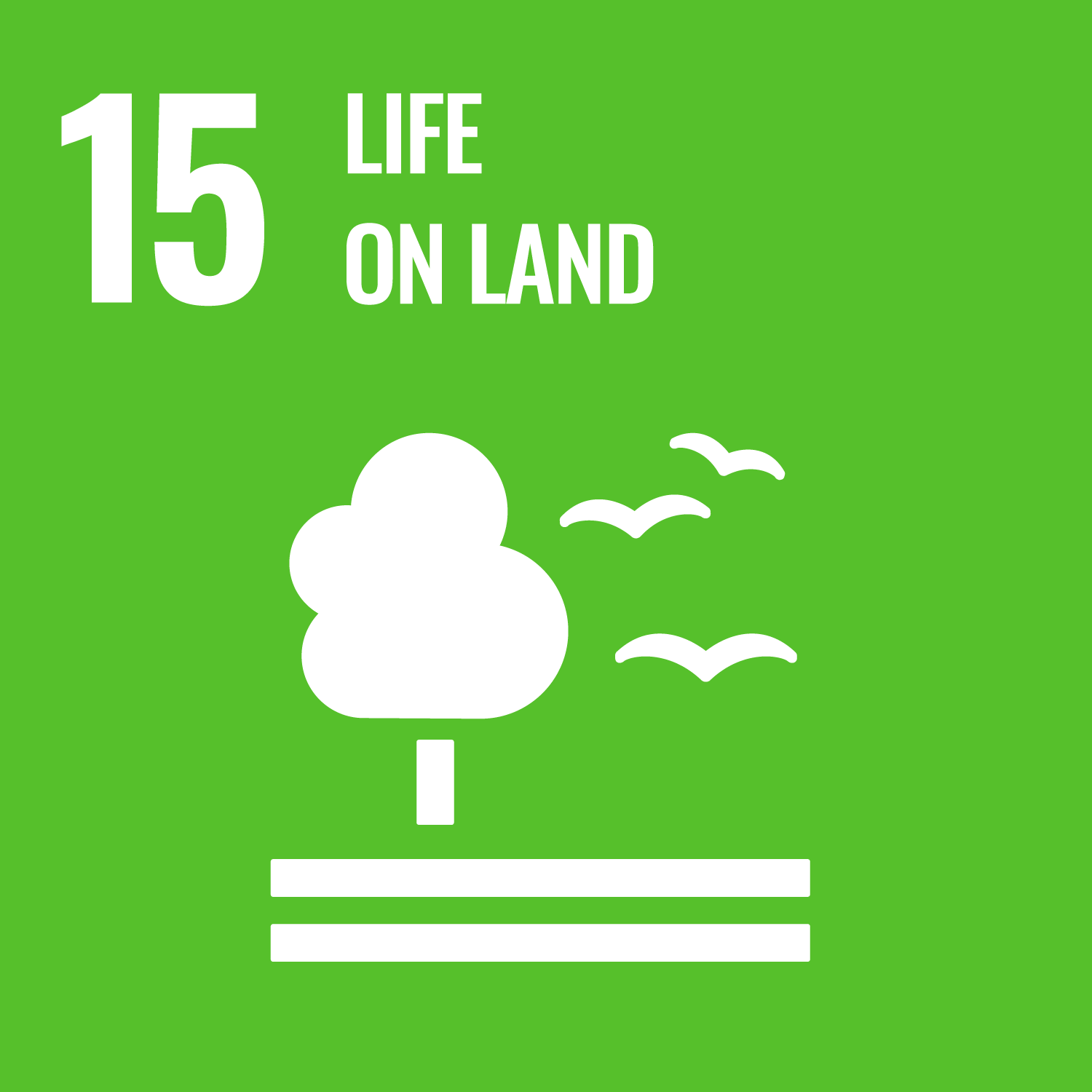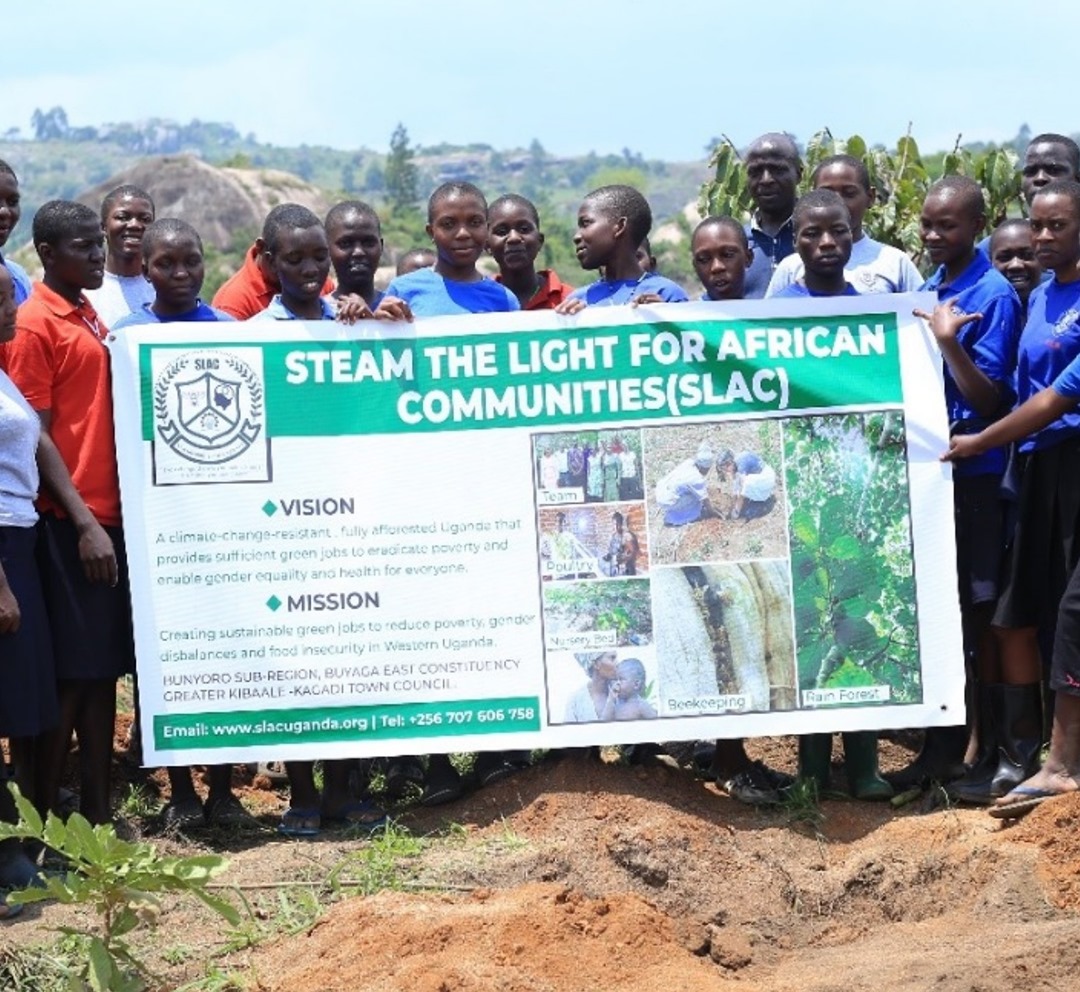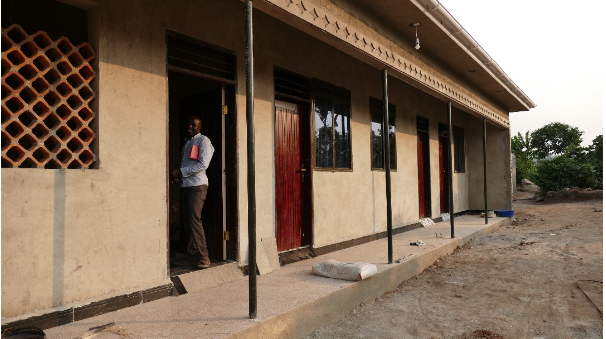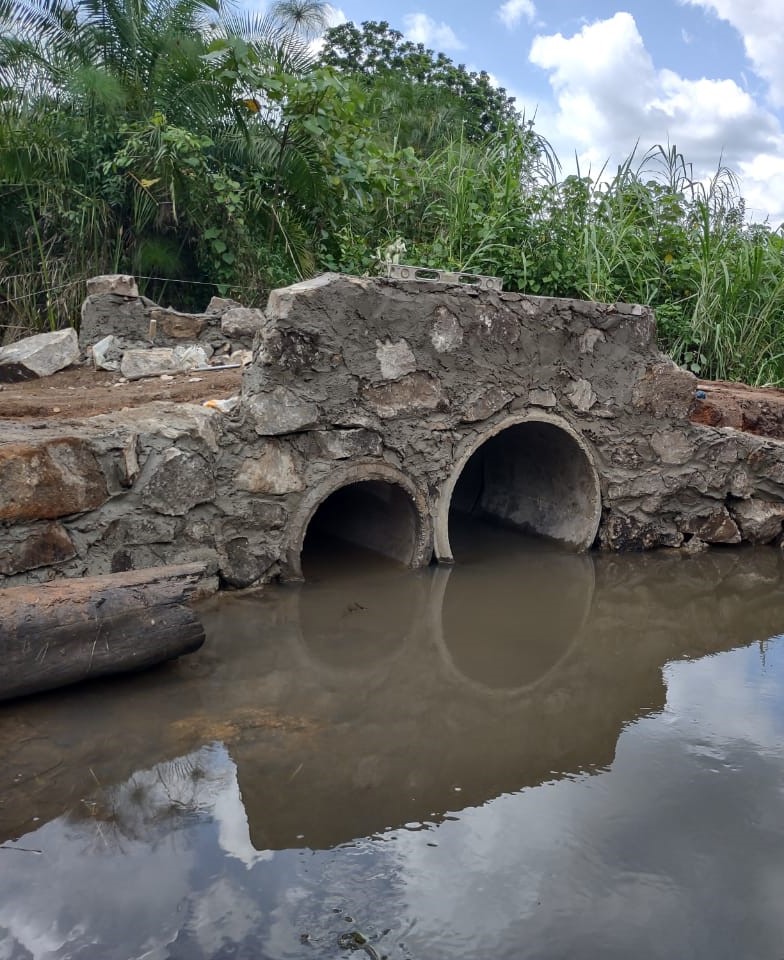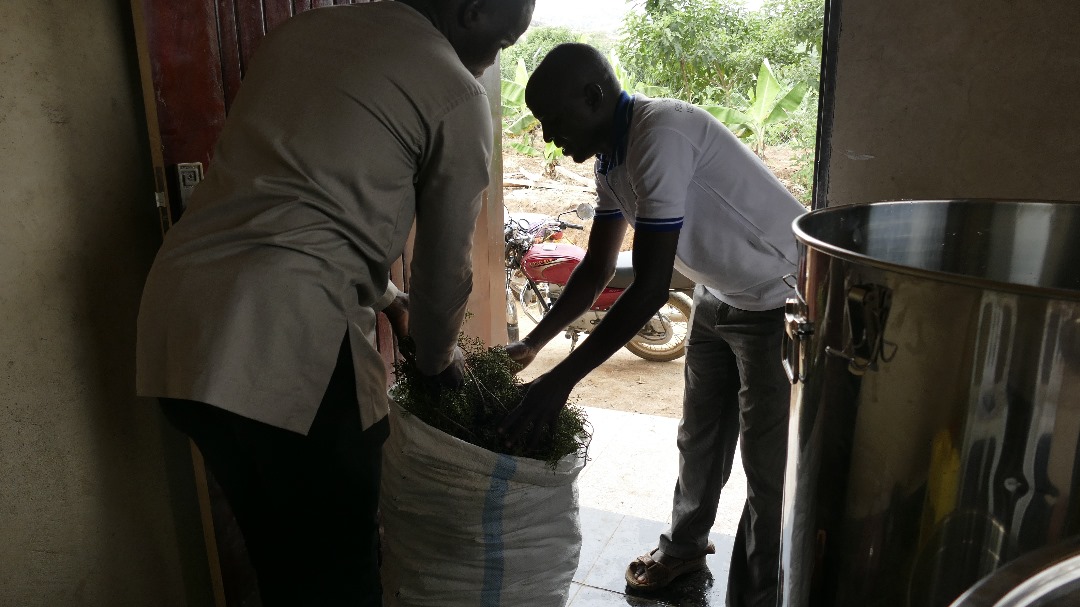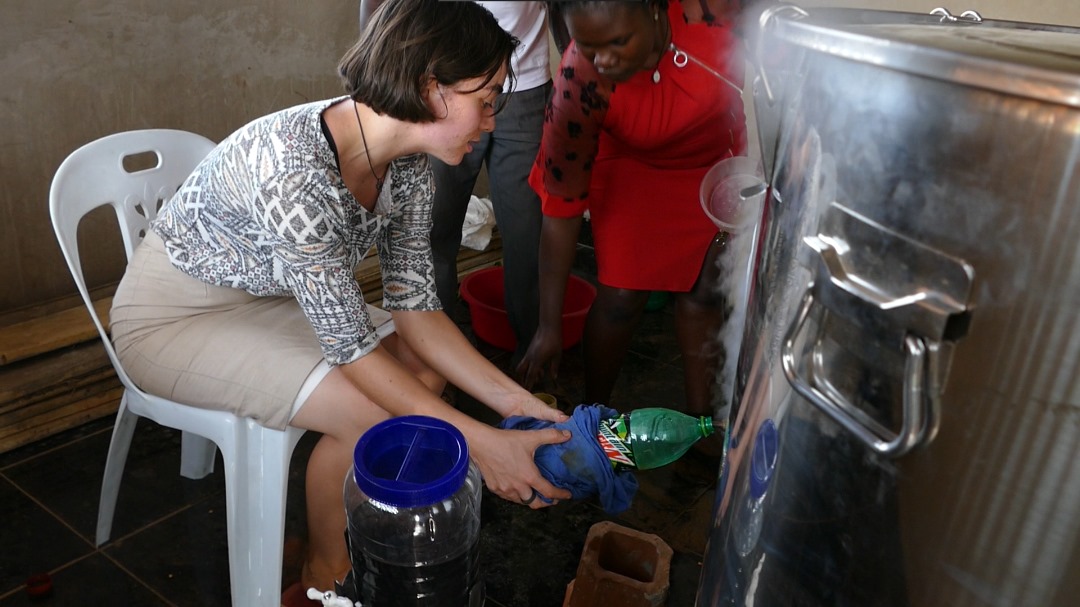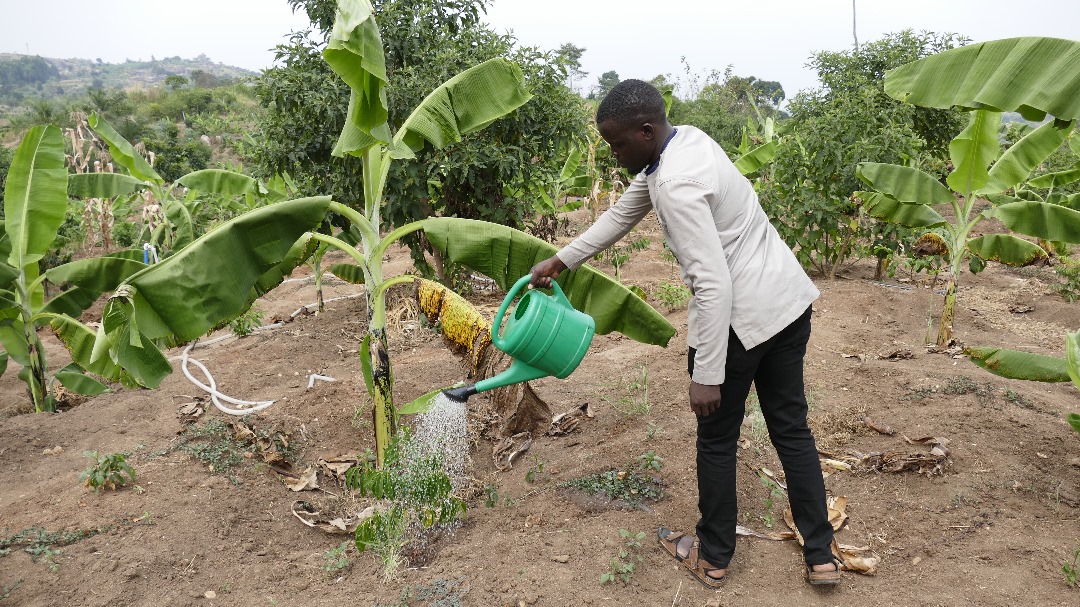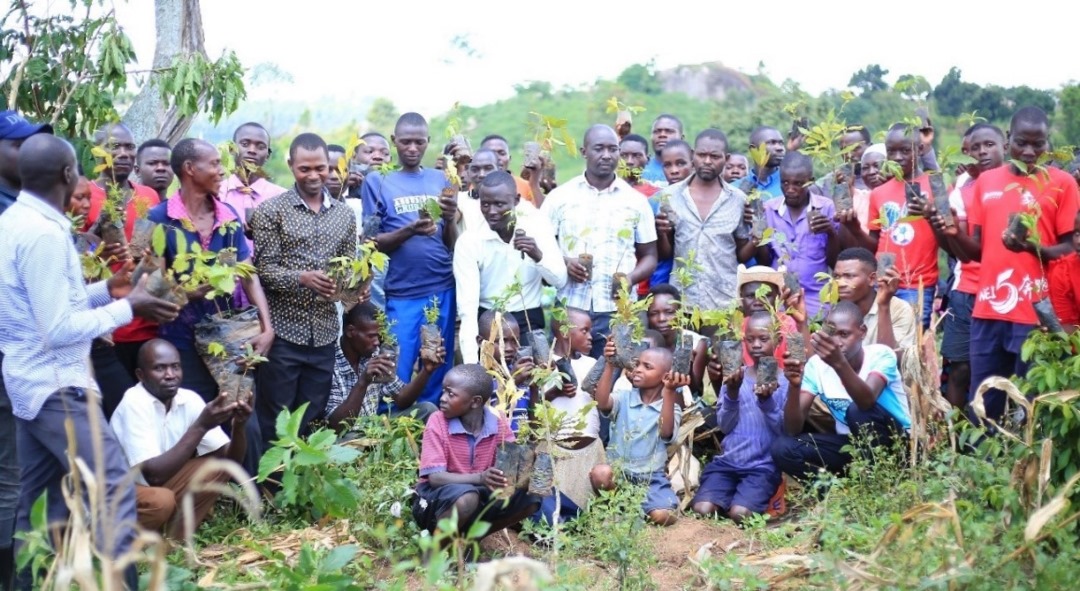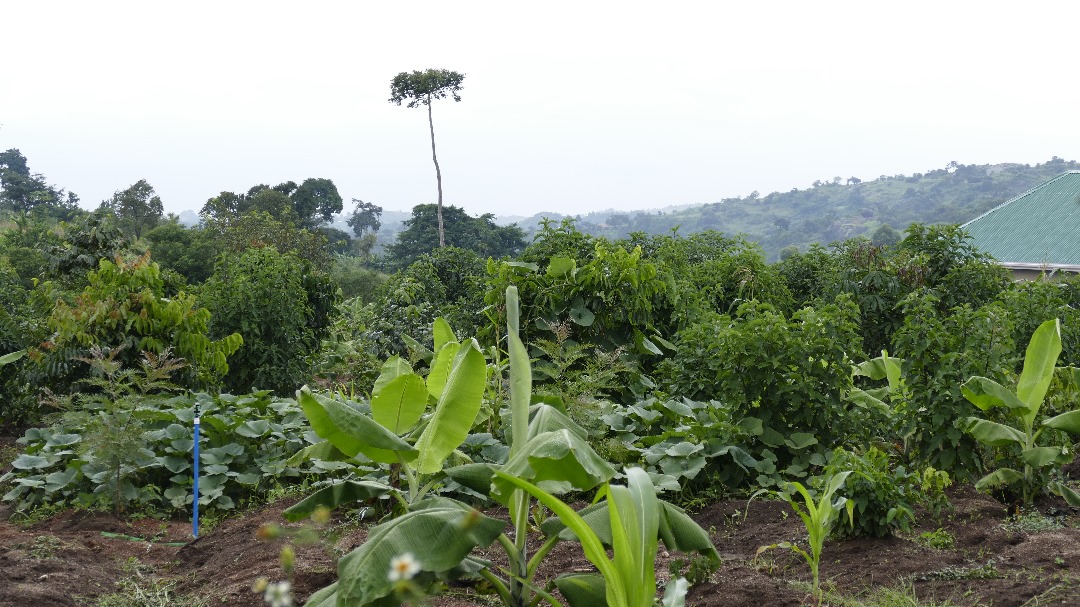Our solution
With SLAC for Eden, we tackle all three problems at the same time and support the following UN sustainability goals by helping people to help themselves:
The five development areas in which SLAC for Eden is active
-
Environmental protection through agroforestry:
Since March 2023, we have planted 5,000 trees from 73 species, including fruit, nut and medicinal trees, as well as indigenous and often endangered species. We have sustainably reforested two hectares of forest, which now serves as a demonstration site for the community.
-
Combating poverty through the production of essential oils:
We cooperate with local farmers in the production of essential oils from lavender, oregano and peppermint, among others.
Each family receives 100 spice seedlings and ten tree seedlings of their choice. This investment on our part amounts to around 30 euros per household. After three to six months, the yields can be sold back to us, enabling the families to generate an annual turnover of around 400 euros. For many, this is a doubling of their income and thus a way out of extreme poverty.
We then use the raw material to produce organic essential oils in our factory under Fairtrade conditions, which will soon also be exported to Germany! For pre-orders, please contact us via our contact form.
-
Empowerment and emancipation through capacity-building training:
One approach that SLAC has been pursuing since 2019 is the training and further education of young women in skilled trades in particular. At SLAC for Eden, we also hold such capacity-building workshops with farmers to introduce them to new farming practices and train them in agroforestry, for example. More effective and environmentally friendly farming enables them to achieve financial independence while at the same time becoming climate protectors.
-
Improving the infrastructure:
Many villages in western Uganda are difficult or impossible to access by car. This not only makes our work difficult, but also prevents farmers from transporting their crops to the trading centers.
At SLAC for Eden, we are therefore also committed to the gradual improvement of rural infrastructure, for example by building bridges.
-
Education through school partnerships:
We believe that the way out of extreme poverty in harmony with nature is only possible with holistic, practical education. That is why our team at SLAC forms school partnerships in Uganda as well as in countries of the Global North; organizes workshops and lectures on climate justice and poverty reduction; establishes environmental working groups and carries out tree planting campaigns with pupils.
